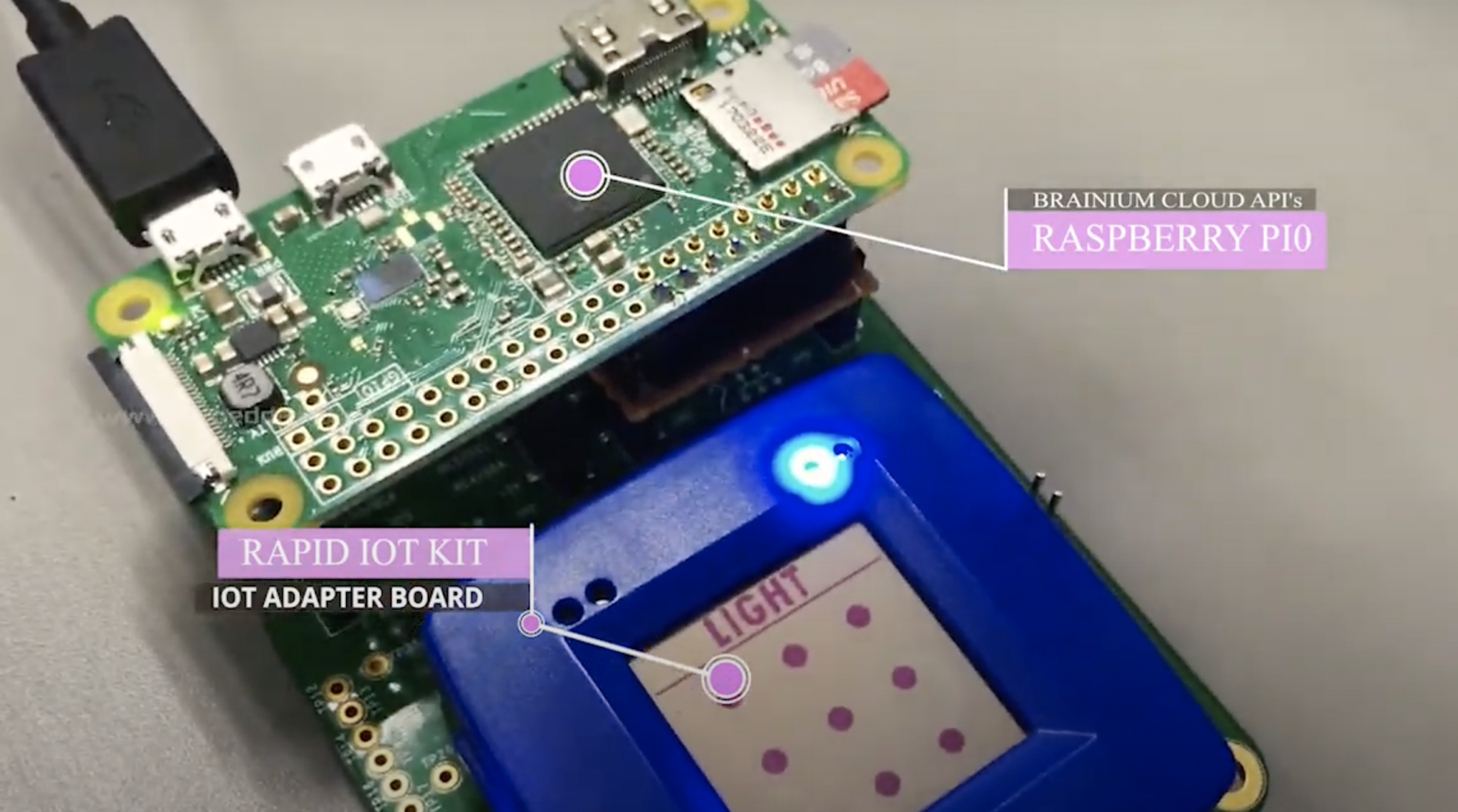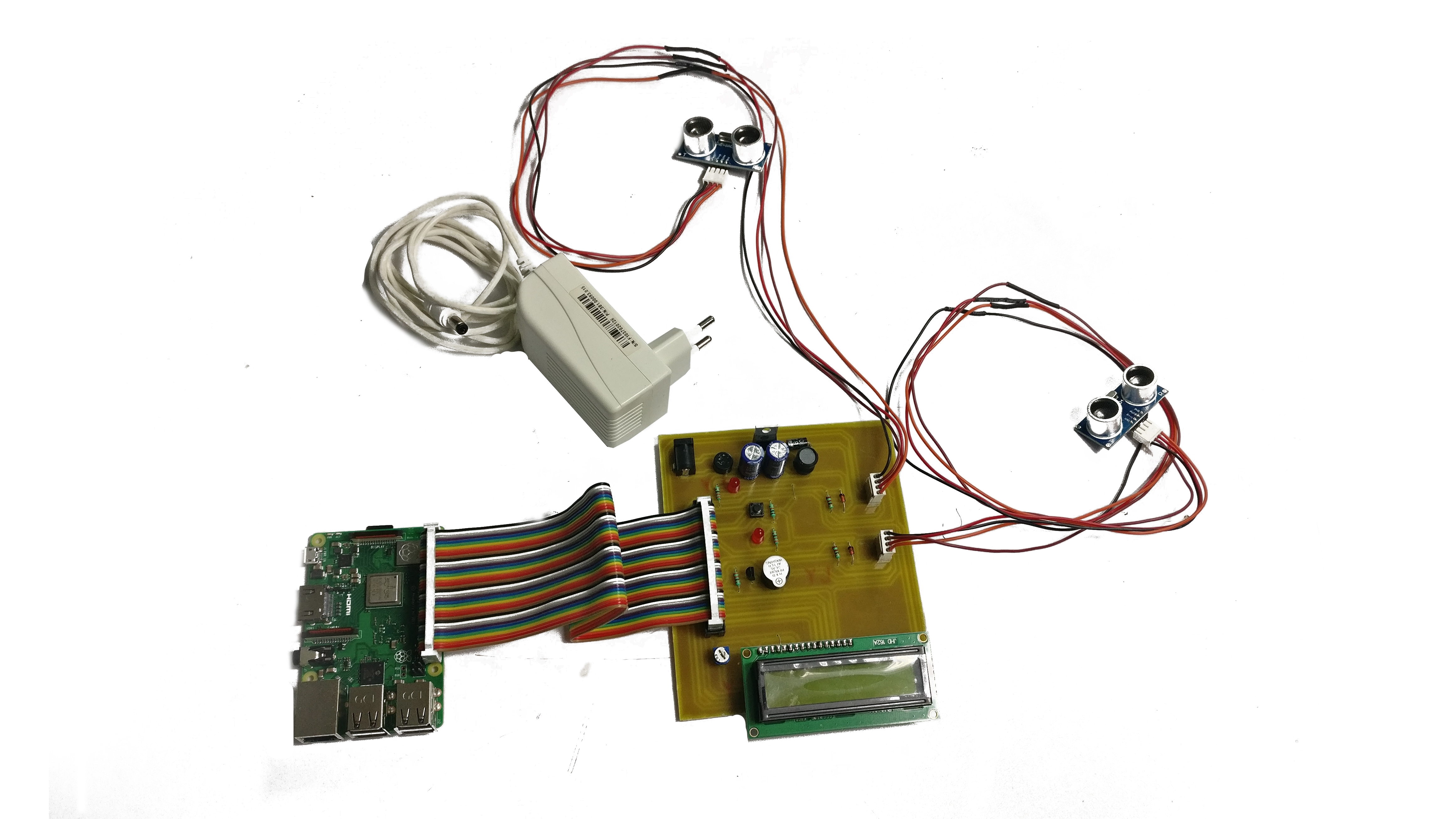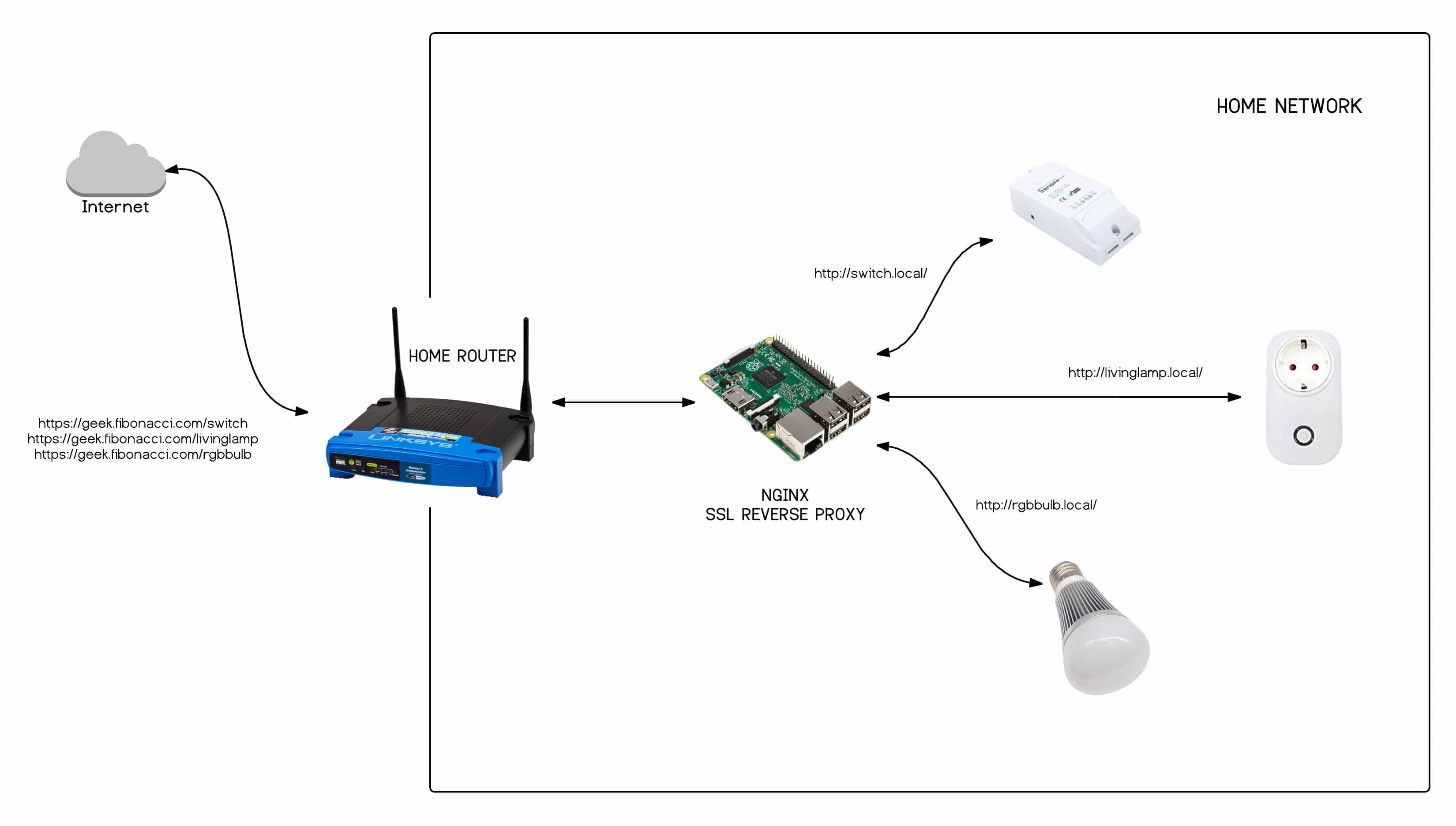Securely Connect Remote IoT P2P Download Mac: A Beginner's Guide To Protecting Your Devices
Imagine this: you're sitting comfortably on your couch, sipping your favorite coffee, while your smart home devices are buzzing with activity. Your IoT setup is running smoothly, but have you ever stopped to think about how secure it really is? Securely connect remote IoT P2P download Mac is more than just a technical term—it’s a necessity in today’s connected world. Without proper security measures, your devices could become an easy target for hackers. So, let’s dive in and explore how to protect your IoT ecosystem like a pro.
Let’s be real, the Internet of Things (IoT) has revolutionized the way we live and work. From smart thermostats to voice-activated assistants, these devices make our lives easier. But with convenience comes responsibility. You need to ensure that your IoT devices are securely connected, especially when downloading files or sharing data over peer-to-peer (P2P) networks. It’s not just about protecting your data; it’s about safeguarding your entire digital life.
In this article, we’ll break down everything you need to know about securely connecting remote IoT devices, especially on macOS systems. We’ll cover the basics, advanced techniques, and even some tips and tricks to keep your setup safe. So, whether you’re a tech-savvy user or just starting out, this guide has got you covered. Let’s get started!
- Embracing The Journey Growing Out Short Hair Over 50
- Short Bob Hairstyles For Over 60s A Fresh Look That Keeps You Stylish And Confident
Why Securely Connect Remote IoT P2P is Essential
First things first, why does securely connecting your IoT devices matter so much? In today’s hyper-connected world, cyber threats are lurking around every corner. If your IoT devices aren’t properly secured, you’re leaving yourself vulnerable to data breaches, identity theft, and even physical security risks. Let’s take a closer look at why securing your IoT setup is non-negotiable.
Understanding the Risks
IoT devices are like little gateways into your personal life. They collect data about your habits, preferences, and even your location. If a hacker gains access to one of these devices, they can potentially access all of your sensitive information. Here are some common risks associated with unsecured IoT devices:
- Data breaches: Hackers can steal your personal information, including credit card details and login credentials.
- Device hijacking: Malicious actors can take control of your devices, causing chaos in your home or workplace.
- Network vulnerabilities: A single unsecured device can compromise your entire network, putting all connected devices at risk.
Peer-to-Peer Networks and Their Role
Peer-to-peer (P2P) networks have become increasingly popular for sharing files and data. However, these networks can also pose significant security risks if not properly managed. When you securely connect remote IoT P2P download Mac, you’re ensuring that your data is transferred safely and efficiently. Here’s how P2P networks work and why they need extra protection:
- Layered Hairstyles For Over 60 With Glasses A Fashionable Guide To Looking Fabulous
- Shoulderlength Hair With Bangs Over 60 A Stylish Guide To Embrace Your Beauty
P2P networks allow users to share files directly without relying on a central server. While this setup offers speed and convenience, it also opens the door to potential threats. Without proper encryption and authentication, your data can be intercepted by unauthorized parties. That’s why securing your P2P connections is crucial, especially when dealing with sensitive information.
How to Securely Connect Remote IoT Devices
Now that you understand the importance of securing your IoT devices, let’s talk about how to do it. There are several steps you can take to ensure that your devices are protected from cyber threats. From setting up firewalls to using strong passwords, here’s a comprehensive guide to securing your IoT setup.
Step 1: Use Strong Authentication
One of the simplest yet most effective ways to secure your IoT devices is by using strong authentication methods. This includes:
- Creating complex passwords that include a mix of letters, numbers, and symbols.
- Enabling two-factor authentication (2FA) whenever possible.
- Avoiding the use of default passwords provided by manufacturers.
Step 2: Implement Encryption
Encryption is your first line of defense against data breaches. By encrypting your data, you ensure that even if someone intercepts it, they won’t be able to make sense of it. Here are some encryption methods you can use:
- SSL/TLS for securing web communications.
- IPsec for securing network traffic.
- End-to-end encryption for P2P file transfers.
Step 3: Keep Firmware Up to Date
Manufacturers frequently release firmware updates to patch security vulnerabilities. It’s essential to keep your devices updated to ensure they have the latest security features. Here’s how you can stay on top of firmware updates:
- Enable automatic updates if available.
- Check for updates manually on a regular basis.
- Subscribe to manufacturer newsletters for update notifications.
Securely Connect Remote IoT P2P Download Mac: A Step-by-Step Guide
Now, let’s focus on securely connecting remote IoT devices specifically for P2P downloads on macOS. Whether you’re downloading large files or sharing data with others, these steps will help you do it safely and efficiently.
Setting Up a Secure Connection
Before you start downloading files, you need to set up a secure connection. Here’s how:
- Install a reliable antivirus software to protect your system from malware.
- Use a virtual private network (VPN) to encrypt your internet connection.
- Configure your firewall to block unauthorized access.
Choosing the Right P2P Software
Not all P2P software is created equal. When selecting a P2P client for macOS, look for the following features:
- End-to-end encryption for secure file transfers.
- Support for multiple file formats and protocols.
- A user-friendly interface that’s easy to navigate.
Best Practices for Secure Downloads
Once your connection is set up, it’s time to start downloading files. Here are some best practices to follow:
- Only download files from trusted sources.
- Scan downloaded files for malware before opening them.
- Limit the number of simultaneous downloads to avoid overloading your network.
Common Mistakes to Avoid
Even with the best intentions, people often make mistakes when securing their IoT devices. Here are some common pitfalls to avoid:
Using Weak Passwords
Weak passwords are like leaving your front door unlocked. They make it easy for hackers to gain access to your devices. Always use strong, unique passwords for each of your IoT devices.
Ignoring Firmware Updates
Many users overlook firmware updates, thinking they’re not necessary. However, these updates often contain critical security patches that protect your devices from vulnerabilities.
Not Using Encryption
Encryption may seem like an advanced feature, but it’s actually quite simple to implement. Without encryption, your data is exposed to potential threats every time you connect to the internet.
Tools and Resources for Securing IoT Devices
There are several tools and resources available to help you secure your IoT devices. From antivirus software to network monitoring tools, here’s a list of some of the best options:
Antivirus Software
Antivirus software is essential for protecting your devices from malware and other cyber threats. Some popular options for macOS include:
- Malwarebytes
- Bitdefender
- Kaspersky
Network Monitoring Tools
Network monitoring tools allow you to keep an eye on your network traffic and detect any suspicious activity. Some recommended tools include:
- Wireshark
- Nmap
- PRTG Network Monitor
Real-World Examples of IoT Security Breaches
To truly understand the importance of securing your IoT devices, let’s look at some real-world examples of security breaches:
The Mirai Botnet Attack
In 2016, the Mirai botnet attacked several major websites, causing widespread disruption. The attack exploited unsecured IoT devices, highlighting the need for better security measures.
The Tesla Hack
In 2017, researchers demonstrated how a Tesla car could be hacked through its IoT system. This incident underscored the importance of securing not just personal devices, but also vehicles and other connected systems.
Future Trends in IoT Security
As technology continues to evolve, so do the methods for securing IoT devices. Here are some future trends to watch out for:
Artificial Intelligence and Machine Learning
AI and machine learning are being used to detect and respond to cyber threats in real-time. These technologies can help identify patterns of suspicious activity and take proactive measures to prevent breaches.
Blockchain Technology
Blockchain technology offers a decentralized approach to data security, making it difficult for hackers to tamper with data. This could revolutionize the way we secure IoT devices in the future.
Conclusion
Securely connect remote IoT P2P download Mac is more than just a technical process—it’s a mindset. By taking the necessary steps to protect your devices, you’re ensuring the safety and security of your entire digital ecosystem. Remember, prevention is always better than cure.
So, what are you waiting for? Start implementing these security measures today and take control of your IoT setup. And don’t forget to share this article with your friends and family to help them stay safe online. Together, we can create a more secure digital world!
Table of Contents
- Why Securely Connect Remote IoT P2P is Essential
- Understanding the Risks
- Peer-to-Peer Networks and Their Role
- How to Securely Connect Remote IoT Devices
- Step 1: Use Strong Authentication
- Step 2: Implement Encryption
- Step 3: Keep Firmware Up to Date
- Securely Connect Remote IoT P2P Download Mac: A Step-by-Step Guide
- Setting Up a Secure Connection
- Choosing the Right P2P Software
- Best Practices for Secure Downloads
- Common Mistakes to Avoid
- Tools and Resources for Securing IoT Devices
- Real-World Examples of IoT Security Breaches
- Future Trends in IoT Security
- Conclusion
- Layered Hairstyles For Over 60 With Glasses A Fashionable Guide To Looking Fabulous
- Design Haircuts For Ladies The Ultimate Guide To Finding Your Signature Look

Securely Connect Remote IoT P2P Raspberry Pi Download MAC A

Securely Connect Remote IoT P2P Raspberry Pi Download MAC A

How To Securely Access IoT Devices Behind Firewalls A Guide To Remote